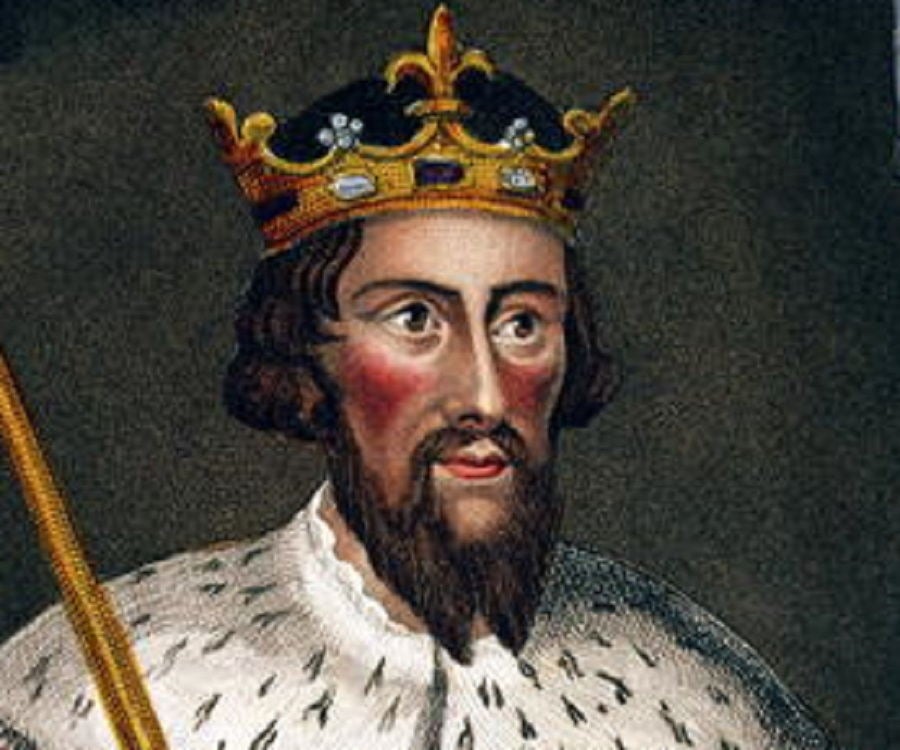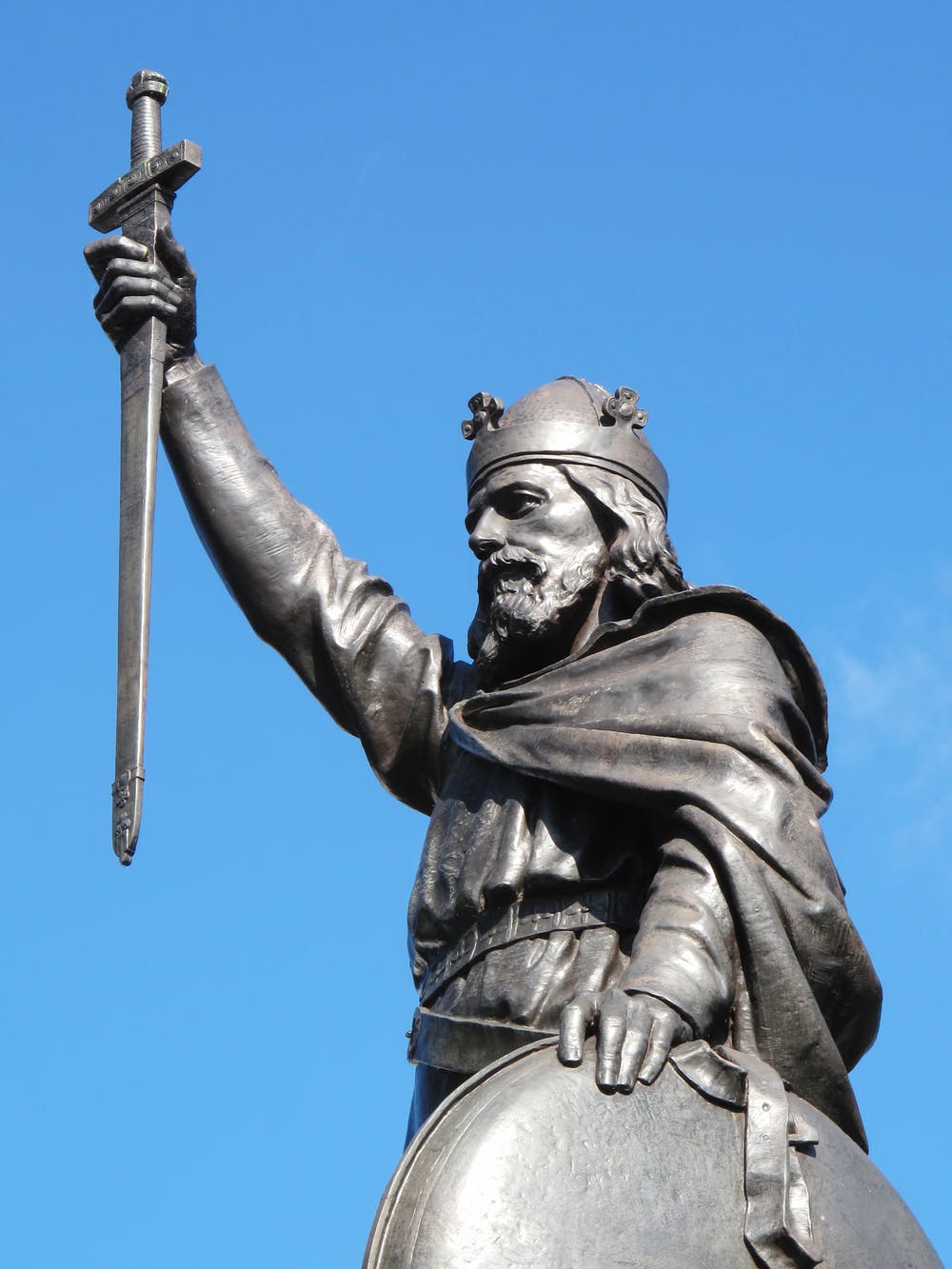

In 853, Alfred was sent with an escort and met Pope Leo IV. īefore he was seven years old, he had traveled to Rome twice. His life as an adult would be as a nobleman and possibly, if he survived his four older brothers, as king, someday. This ceremony meant he was not destined to join the church, as the younger sons typically were.

The ceremony involved him receiving a red cloak, a jeweled belt and a sword. At some point in his childhood Alfred was made a consul(a high rank in Anglo-Saxon England styled on the Roman office of consul).

He finally overcame the problem and learned to read and write by using the writings of the church. At age twelve, Alfred had difficulty finding a qualified teacher to help him learn to read and write. When he was about four, Alfred's mother, Osburga, died. The Viking menace was now settled on the island of Thanet in Kent. For fourteen years they had been raiding but a year after Alfred's birth they stayed all winter. In the world he grew up in there was constant talk and fear of Viking raiders. Alfred was born in 849 in the royal village of Wantage then in Berkshire. She was the daughter of Osburga, Athelwulf's butler.

Alfred started the Royal Navy in the 9th centuryĮarly childhood Īlfred was the youngest son of King Æthelwulf of Wessex and Osburga. He was the first king from the British Isles to call himself the 'King of the Anglo-Saxons' and so he is sometimes said to be the first English king. 849 - 26 October 899) was King of Wessex from 871 to 899. Historical erudition, medievalist and modern, is rarely this compellingly interesting, rarely so frankly entertaining on subjects of continuing importance.Alfred the Great (c. Built on exhaustive research, scrupulous close reading, and precise careful argumentation, Kalmar’s book makes scholarship enormously fun to read – it has narrative propulsion told in an appealingly direct authorial voice. Kalmar uses his original trope of ‘Victorian reliquarianism’ to hold together medieval and modern emotional investments in the idea of Alfred, a true modern fetish for secular salvation, a religion of nation and empire. He traces a bedrock of historical fact morphing into national myth not only in schoolbook stories but championed by intellectuals and academics equally committed to their own ‘true Alfred,’ hero and exemplar of the nation. “Tomás Kalmar’s willingness to read and think about virtually everything ever written about King Alfred turns what might have been a well-informed useful work on the long afterlife of Alfred’s life and reign, and Asser’s Life of Alfred, into an excitingly dense microcosm of the genesis of British national identity over a thousand years. Alfred and Asser will never be the same, nor will readers of this extraordinary book.” The author excels in drawing harmony from textual dissonance. “A breathtaking endeavor, challenging, wide-ranging, and lovingly crafted, with conclusions good enough to be true. Professor Simon Keynes, University of Cambridge He captures the chemistry between an extraordinary king and the Welsh priest who entered into his service. “Kalmar’s reading of Asser’s Life of King Alfred is original, personal, and engaging – as befits the nature of the work itself.


 0 kommentar(er)
0 kommentar(er)
